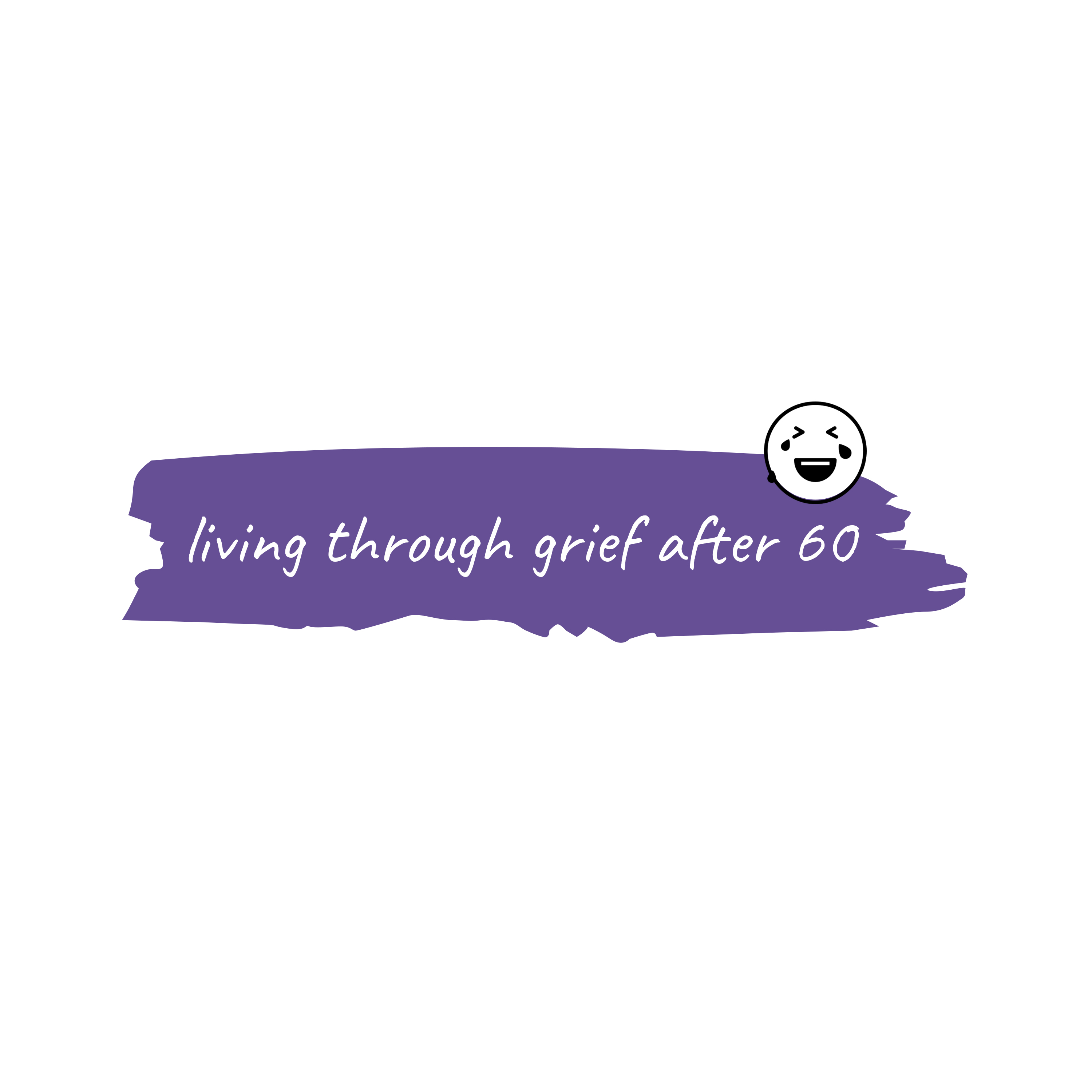The following post is a sponsored post, and compensation has been received.
This post may contain affiliate links, and I may earn compensation when you click on the links at no additional cost to you.
Introduction
I recently spoke with Dr. Nisha Jackson, the founder and owner of Peak Medical Clinics and the author of Brilliant Burnout. In her book, she offers tips for women over 60 to prevent burnout.
Burnout Triggers
Dr.Jackson outlines the following triggers for burnout (pgs.18-19):
- Interrupted sleep or insomnia
- Poor diet
- Intense pressure on self
- Lack of movement or exercise
- Eating foods high in sugar or bad carbs and snacking and skipping meals that contain protein, good carbs, and fat
- Shallow breathing
- Hypertasking
- Saying yes to one more thing
- Limited social connections
- Limited alone time
- Lack of necessary supplementation, hormone testing, and age or stress intervention
- No time for planning
How Toxic Stress Leads to Burnout
Dr. Jackson and I primarily discussed toxic stress that leads to burnout. The one thing that can prevent burnout is deep restorative sleep. When women wake up in the morning, they should feel rested, instead of feeling more tired than they did when they went to bed.
Dr. Jackson suggested that women don’t eat dinner after 7:00 pm. She said that if they eat dinner after that time (with certain exceptions), then the body needs to digest their food. The more stress the body is under, the less people are able to manage stressors in their lives. If they wake up between 10:00 pm and 1:00 am, or are “night owls”, shift workers, or suffer from insomnia, eventually there will be a cortisol imbalance.
Dr. Jackson also recommended that women turn off their computers and stop texting and responding to emails a few hours before they go to bed. If they do that, and stop thinking about things in their lives that are stressful at bed time, they will be able to maintain their cortisol levels. That is easier said than done; it is not helpful when well meaning friends advise someone suffering from burnout to “just relax and slow down”, “just let it go”, and “stop worrying about everything so much” (pg. 20).
What is Cortisol?
Cortisol is a hormone which controls when people are stimulated. If cortisol levels are high during the day and lower in the evening, women are better able to turn their brain off before they go to bed. But by the time women reach their 60s, they risk a hormone imbalance that leads to anxiety and stress. Dr. Jackson points out that the ideal cortisol rhythm level should be high in the morning “to provide focus, concentration,and energy, and low at night “to promote deep sleep, relaxation and recovery” (pg. 51).
If cortisol levels are low in the morning and high at night, it will lead to fatigue, weight gain, cravings and the need for stimulants such as caffeine to stay awake during the day; in the evening, high cortisol levels will result in a feeling that a person is tired but unable to sleep and stay asleep. If cortisol rhythms are erratic, when the level is normal in the morning, but it drops sharply in the afternoon, it will lead to exhaustion, low glucose episodes, cravings and mood changes; in the evening, cortisol rising will “cause wakefulness and interrupted sleep patterns. Dr. Jackson noted that cortisol levels that are reversed or erratic can eventually lead to anxiety, stress, sleeplessness, pain, racing thoughts and depression if not checked by a doctor.
Emotional Stress and Burnout
Dr. Jackson suggested if emotional baggage is not addressed, it can lead to burnout. If a woman works in a toxic work environment, the negativity from it can eventually lead to emotional stress. If she denies or ignores emotional stress, it will also affect her family. It is recommended that women with burnout find a balance between work stressors and their family life. If women do not seek a doctor’s attention to get checked for chemical imbalances that affect their physical or emotional health, they will become ill physically and emotionally, especially if they are trying to “have it all”.
How Does Burnout Affect the Body?
Dr.Jackson wrote that burnout affects the whole body, head to toe. It affects the thyroid (low thyroid production, memory and mood decline), skin (acne), lungs (dizziness, light-headed), adrenals (weight gain, irritability, exhaustion), immune system (recurrent illness), stomach/pancreas/liver (constipation, reduced metabolism), and ovaries (low progesterone and testosterone, hot flashes, insomnia, fatigue) (p.21).
Recommended Tests for Burnout
Dr. Jackson recommended that women displaying burnout symptoms request their doctors test them for a panel. The panel include estrogen, progesterone, free and total testosterone, thyroid panel, DHEA-S, pregnenolone, and, of course, cortisol. Three of them (estrogen, progesterone, and testosterone), decline with age (p. 77). A woman over age 60 can request the tests any time of the month. (p. 92). Other options that can be used to test hormones include blood, urine, and saliva tests (p. 89). She also encourages women to ask their doctors if they can take supplements such as Vitamin D and probiotics. Dr.Jackson suggested that everything be checked to help alleviate burnout.
Further Information on Burnout
To find out more about how burnout can be alleviated for women 60 and over (and younger), it is recommended that women review Brilliant Burnout: How Successful, Driven Women Can Stay in the Game by Rewiring Their Bodies, Brains, and Hormones for further suggestions on how to minimize burnout, while leading active lives. There is much more information in this book than what I was able to write in this post, including diet, exercise, and sex drive.
Coming Attractions
You may have noticed I did not mention the head or brain when I outlined the ways burnout affects the body. Dr. Jackson suggested that should be the subject of a future post.

